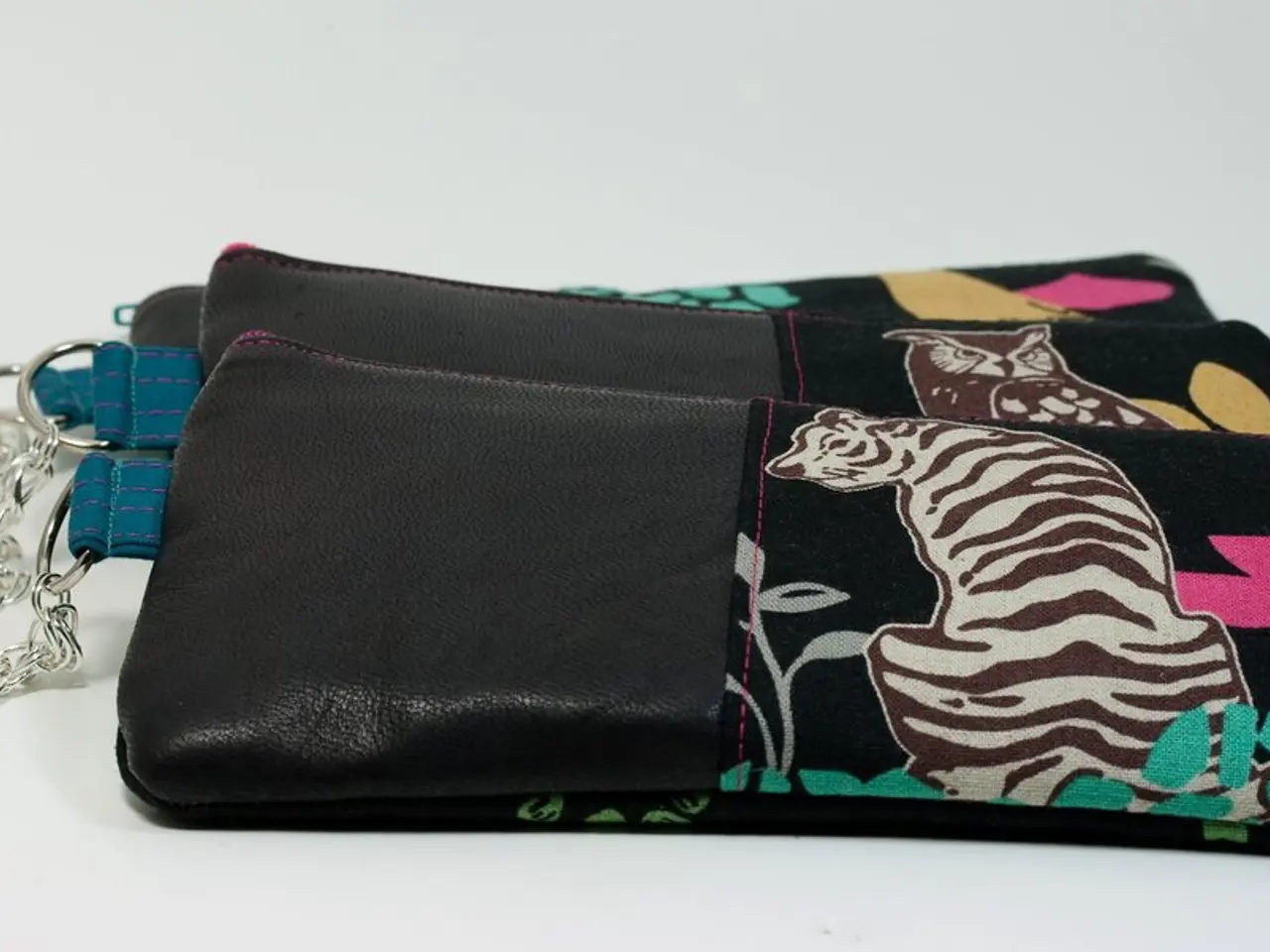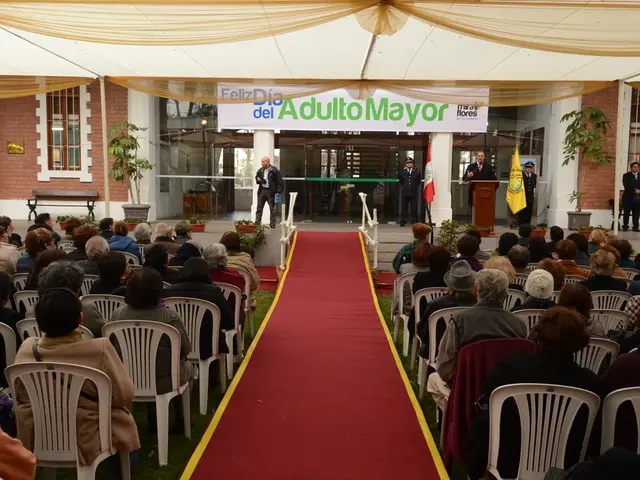Philippine Central Bank bars e-wallet services from supporting online gambling activities
The Philippines is taking a firm stance against online gambling, as lawmakers and regulatory bodies intensify their efforts to impose tighter controls on the industry.
Lawmakers are calling for stricter regulations, citing concerns that operators are exploiting regulatory gaps to target Filipinos [1][4]. This comes as Philippine authorities step up their fight against unlicensed and offshore gambling operations, urging stronger action to curb these activities.
PAGCOR, the country's gaming regulator, has taken direct action by banning gambling advertisements in public spaces by August 2025. This is part of a broader campaign to curb pervasive gambling marketing, especially in areas frequented by minors. PAGCOR Chairman Alejandro Tengco emphasized that this crackdown is an ethical obligation to protect vulnerable groups from developing gambling addictions [2].
The regulatory focus extends beyond physical ads to online platforms, potentially affecting electronic wallet providers who facilitate online gambling transactions. The increased scrutiny on financial and payment channels linked to illegal iGaming activities suggests a broader crackdown on the industry.
Mike Defensor, spokesman for the PlaySafe Alliance PH, argues that regulated non-bank electronic money issuers are valuable enforcement tools. He believes that the BSP's draft measures, including stronger identity verification, daily transaction limits, and active monitoring, would allow wallets to block illicit transfers promptly [3].
However, not all stakeholders support cutting e-wallets off from gambling-related transactions. Senators Alan Peter Cayetano and Joel Villanueva have questioned the necessity of a 48-hour implementation period for the policy, finding the timeline unacceptable given potential risks to the public [3].
Senator Risa Hontiveros has taken a more decisive stance, filing a bill to ban online gambling access in e-wallets and super apps. She urges agencies such as PAGCOR and the BSP to coordinate closely in regulating the online gambling industry [3].
The Central Bank of the Philippines (BSP) has ordered electronic wallet providers to remove icons and links to online gambling platforms within 48 hours. Major e-wallet operators GCash and Maya have both confirmed their readiness to comply with the BSP's order. Mobile wallets maintain "Know Your Client" data and transaction records that can help authorities trace illegal activities [3].
The Cybercrime Investigation and Coordinating Center (CICC) has already shut down 8,901 illegal online gambling sites, with Deputy Executive Director Renato Paraiso expecting the number to rise as enforcement efforts intensify [1].
Senator Tulfo considers the issue a national crisis and believes it should not be taken lightly. He has criticized both legal and illegal online gambling for contributing to addiction, debt, and family breakdowns, asserting that no level of tax revenue could justify the societal cost [1].
In a warning to non-compliant e-wallet providers, Senate panel chairman Erwin Tulfo has stated that if links to gambling platforms remain on e-wallets by Sunday morning, he may cite individuals in contempt [1].
Defender calls for clear regulatory protocols on account freezes, appeal processes, and data privacy protections to maintain public trust. He emphasizes that the measure targets in-app features rather than freezing existing balances without notice [3].
This reflects a multi-pronged approach by Philippine authorities combining legal pressure, advertising restrictions, and financial oversight to curb illegal and unregulated iGaming activities [1][2][4]. Senator Tulfo's warning serves as a reminder that compliance with these regulations is crucial in the fight against online gambling.
- Lawmakers are pushing for stricter regulations in the online gambling industry, as they believe operators are exploiting regulatory gaps to target Filipinos.
- PAGCOR, the country's gaming regulator, has banned gambling advertisements in public spaces by August 2025, as part of a broader campaign to curb pervasive gambling marketing.
- The increased scrutiny on financial and payment channels linked to illegal iGaming activities suggests a broader crackdown on the online gambling industry, potentially affecting electronic wallet providers.
- Mike Defensor argues that regulated non-bank electronic money issuers are valuable enforcement tools and believes that the BSP's draft measures would allow wallets to block illicit transfers promptly.
- However, some stakeholders question the necessity of a 48-hour implementation period for the policy, finding the timeline unacceptable given potential risks to the public.
- Senator Risa Hontiveros has filed a bill to ban online gambling access in e-wallets and super apps, urging agencies such as PAGCOR and the BSP to coordinate closely in regulating the online gambling industry.
- The Central Bank of the Philippines (BSP) has ordered electronic wallet providers to remove icons and links to online gambling platforms within 48 hours, and has threatened to cite individuals in contempt if compliance is not met.







